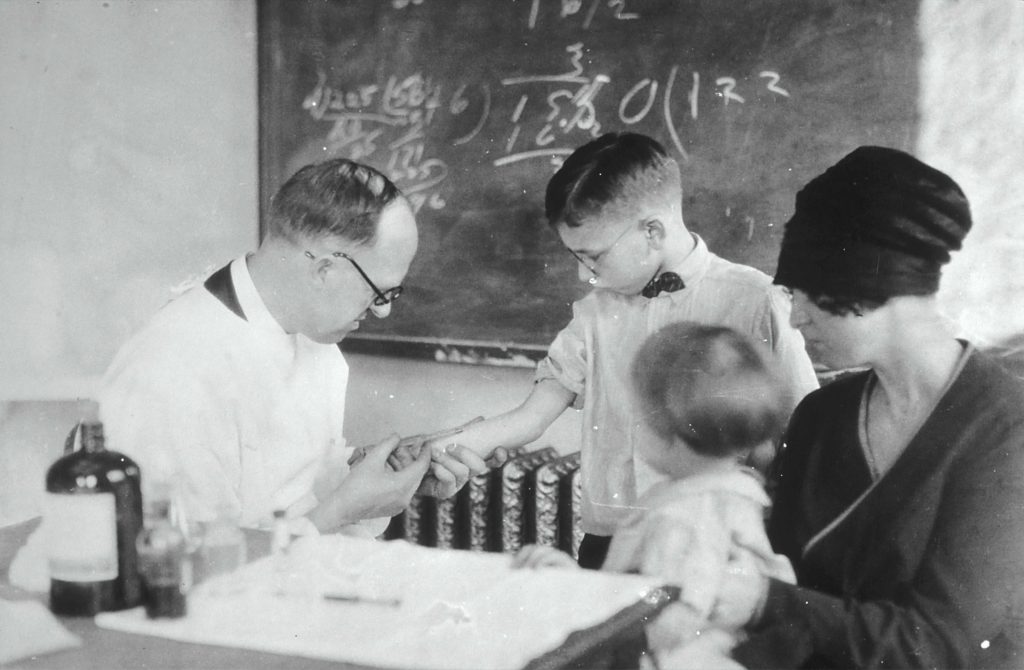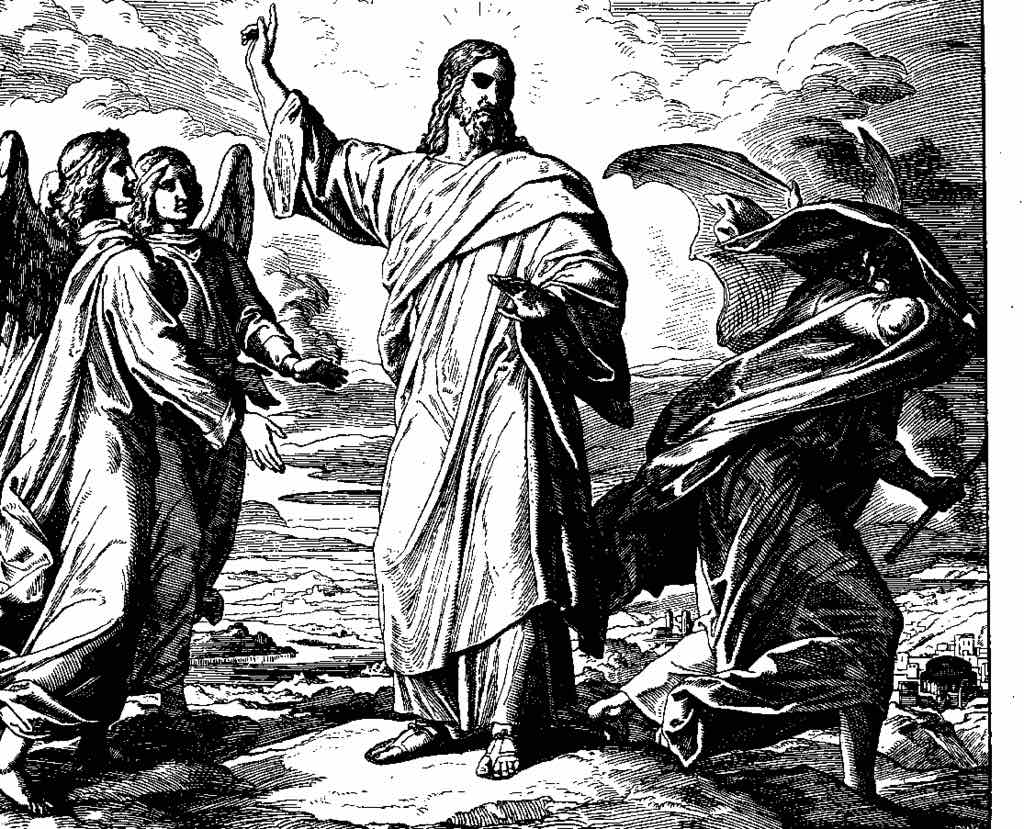
Earlier in Matthew, we learned that when Jesus saw the cue that His ministry was to kick into high gear, He went from Nazareth to Capernaum. Capernaum was in the far north of Israel, close to the Gentiles. Jesus went there to fulfill Isaiah’s prophecy that the people living in darkness would see a great light. Now that light has dawned. Jesus has begun teaching, preaching and healing.
As one might expect, those living so long in darkness are very much drawn to that light. Where Matthew 4:23 told us what Jesus’ ministry consisted of, verses 24 and 25 tell us the result. News spreads. It doesn’t stay within the confines of Jewish territory, but moves into Syria and the Decapolis; “News about him spread all over Syria, and people brought to him all who were ill with various diseases, those suffering severe pain, the demon-possessed, those having seizures, and the paralyzed, and he healed them. Large crowds from Galilee, the Decapolis, Jerusalem, Judea and the region across the Jordan followed him.”
Sometimes the people we are sent to minister to are not the people who are most receptive. But when hope is offered, those who are receptive respond. Jesus offers hope. Hope for the ill. Hope for those in pain. Hope for the demonized. Hope for those with untreatable conditions. Jesus offers all of them hope. So the needy come, and there are a lot of needy!
Jesus quickly gains followers from all the surrounding areas. The language used here points to a great number of followers – “large”, “crowds”(note the pural) and the five different regions mentioned. One commentator notes, “The text abounds in hyperbole: Jesus goes throughout Galilee, and all Syria hears of his deeds; the people bring all the sick, and Jesus heals every illness; great crowds follow Jesus, from every quarter of Israel. With language such as this, Matthew paints a picture of a major undertaking.”
Hyperbole aside, the stirring thing about these two verses is buried right in the middle of them; “and he healed them.” The hope Jesus offers is not a vain hope. It is hope realized. They came in response to news that a teacher was preaching good news and healing – and that is exactly what they found.
Sometimes when people pray or minister to others, they aren’t really expecting God to do anything. They will say all the right words, and follow all the right ordinances. But they don’t expect God to actually show up. They are expecting a miracle in their choice of words, but they aren’t expecting a manifest work of God. Yet Jesus is able and willing to actually heal. To heal the ill. To heal those in pain. To heal the demonized. To heal those who have ‘untreatable’ conditions. As Matthew Henry long ago noted, “He healed all manner of sickness, and all manner of disease. There are diseases which are called the reproach of physicians, being obstinate to all the methods they can prescribe; but even those were the glory of this Physician, for he healed them all, however inveterate. His word was the true panpharmacon—all-heal.”
Jesus can heal, and Jesus does heal. While that was not the core of His message, we would do well to remember that. We would do well to pray for that and to expect that. Amen.
What you don’t believe strongly enough to teach doesn’t do you any good
A.W. Tozer
APPLICATION: Worship
Praise God that the day is coming when the mortal will put on immortality, and the corrupt will put on incorruptibility. On that day we will be free forever from sickness, disease and death. Glory to God!










